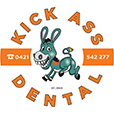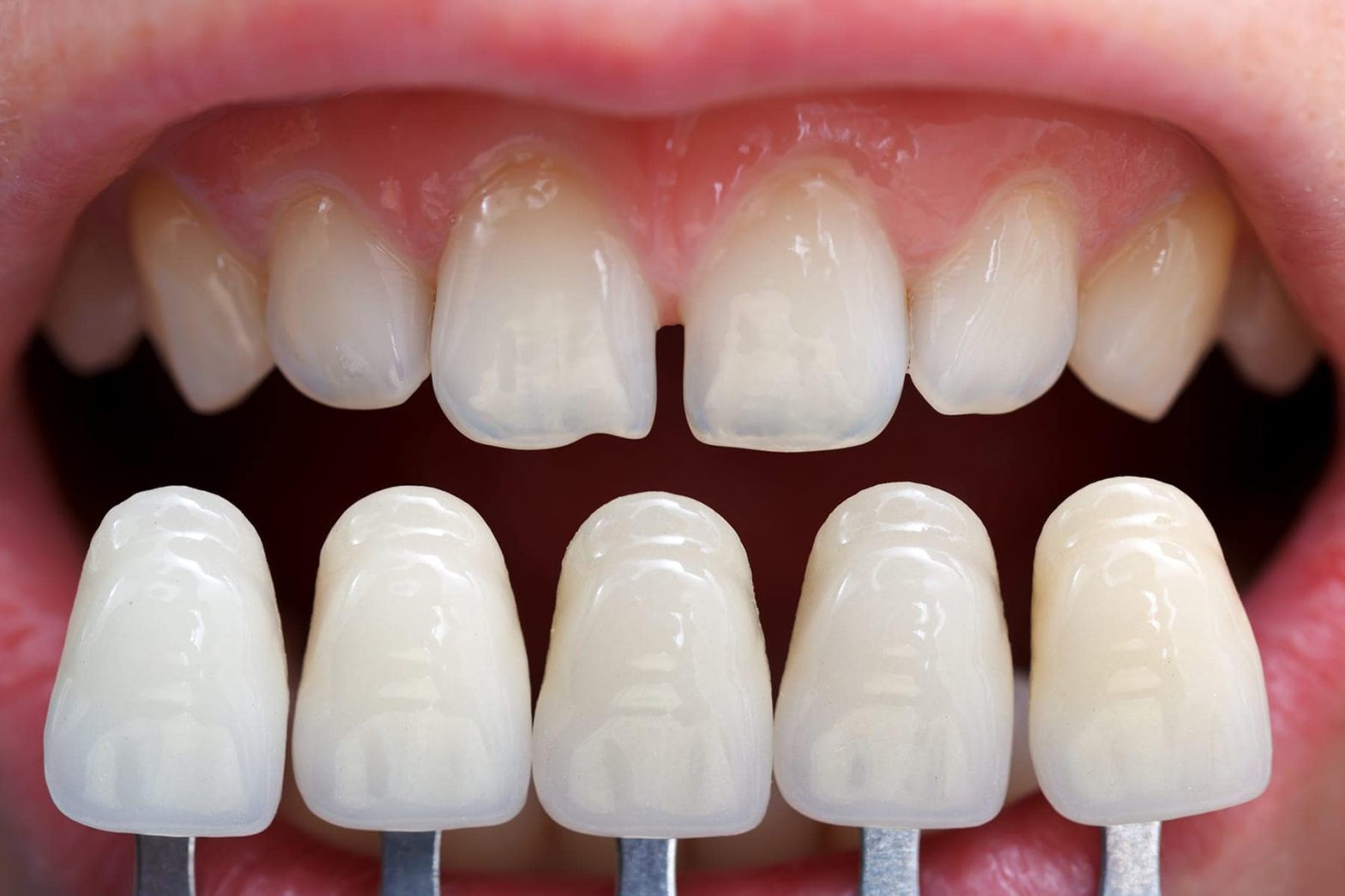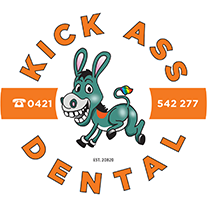Are Caps Cheaper Than Veneers? A Cost Comparison Guide
Introduction
When it comes to achieving a dazzling smile, dental treatments such as caps (dental crowns) and veneers are popular options for improving the appearance of teeth. Both caps and veneers serve the purpose of enhancing the aesthetics of your smile, correcting various dental issues, and restoring damaged teeth. However, for many individuals, the cost can be a significant consideration when deciding between these two treatments. In this article, we will explore the differences between caps and veneers, their respective costs, and factors that can impact their prices.
Understanding Dental Caps
Caps, also known as dental crowns, are prosthetic restorations that cover the entire visible surface of a damaged tooth. They are custom-made to fit over the existing tooth structure and provide strength, protection, and an improved appearance. Caps are commonly used to restore teeth that have undergone extensive decay, fractures, or root canal treatments. Additionally, they can be utilized to alter the shape, size, or alignment of teeth for cosmetic purposes.
Cost of Dental Caps
The cost of dental caps can vary depending on several factors, including the material used, the complexity of the case, and the dentist’s expertise. Typically, the price of a dental cap ranges from $800 to $1,500 per tooth. Porcelain-fused-to-metal (PFM) caps are relatively more affordable, while all-ceramic or zirconia caps tend to be on the higher end of the price spectrum. Dental insurance may cover a portion of the cost, but patients should check their specific coverage to understand the out-of-pocket expenses.
Exploring Dental Veneers
Dental veneers are thin shells, usually made from porcelain or composite resin, that are custom-crafted to cover only the front surface of a tooth. Veneers are primarily used for cosmetic purposes, such as improving the appearance of stained, discolored, misshapen, or chipped teeth. They provide a natural-looking, aesthetically pleasing smile while preserving much of the natural tooth structure.
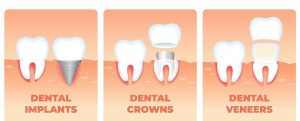
Cost of Dental Veneers
The cost of dental veneers can also vary based on several factors, including the material used, the number of teeth being treated, and the geographical location of the dental practice. On average, the price per veneer ranges from $800 to $2,500. Porcelain veneers are generally more expensive than composite veneers due to their superior aesthetics and durability. As with caps, dental insurance may not cover the cost of veneers if they are considered purely cosmetic.
Comparing the Costs
When comparing the costs of caps and veneers, it’s essential to consider the individual requirements of each case. Here are some factors to keep in mind:
Extent of Tooth Damage
Dental caps are often recommended for teeth with significant damage or structural issues. If a tooth has extensive decay, a large filling, or has undergone a root canal, a cap may be the best option to provide the necessary support and protection. On the other hand, if the tooth is generally healthy but has cosmetic imperfections, veneers can be a more conservative and cost-effective choice. For dental information for patients kick ass dental see here.
Number of Teeth to Be Treated
The total cost of treatment is directly proportional to the number of teeth that need restoration or cosmetic improvement. If several teeth require attention, veneers can become more expensive than caps. Dentists may offer package deals or discounts when multiple veneers or caps are needed, so it’s worth discussing this with your dental provider.
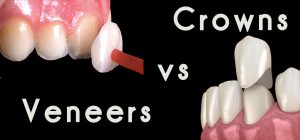
Longevity and Durability
Dental caps, especially those made from durable materials like zirconia, can last longer than veneers. While veneers are robust and can withstand normal biting forces, caps are better suited for teeth that undergo heavy chewing and grinding. The longer lifespan of caps may make them a cost-effective option over time, as veneers may need replacement after several years of use.
Conclusion
In conclusion, the choice between dental caps and veneers involves more than just their cost. The extent of tooth damage, the number of teeth to be treated, and the desired longevity of the treatment all play crucial roles in making the right decision. While caps tend to be more affordable in most cases, veneers offer a conservative option for enhancing the aesthetics of your smile.
Ultimately, it is essential to consult with a qualified dentist to determine the most suitable treatment for your specific dental needs and budget. A skilled dentist will guide you through the pros and cons of each option, enabling you to make an informed decision and achieve the smile you’ve always dreamed of.
Remember, investing in your dental health and appearance can lead to increased self-confidence and overall well-being, making it a decision that can pay off in more ways than one in the long run.
Disclaimer
The information provided in this article is for educational purposes only and should not be considered as professional dental advice. Please consult with a licensed dentist to assess your unique dental situation and discuss the best treatment options for you. Prices and cost estimates mentioned in this article are approximate and subject to change based on individual cases and geographic locations. Always verify with your dental provider for accurate pricing and insurance coverage details.
